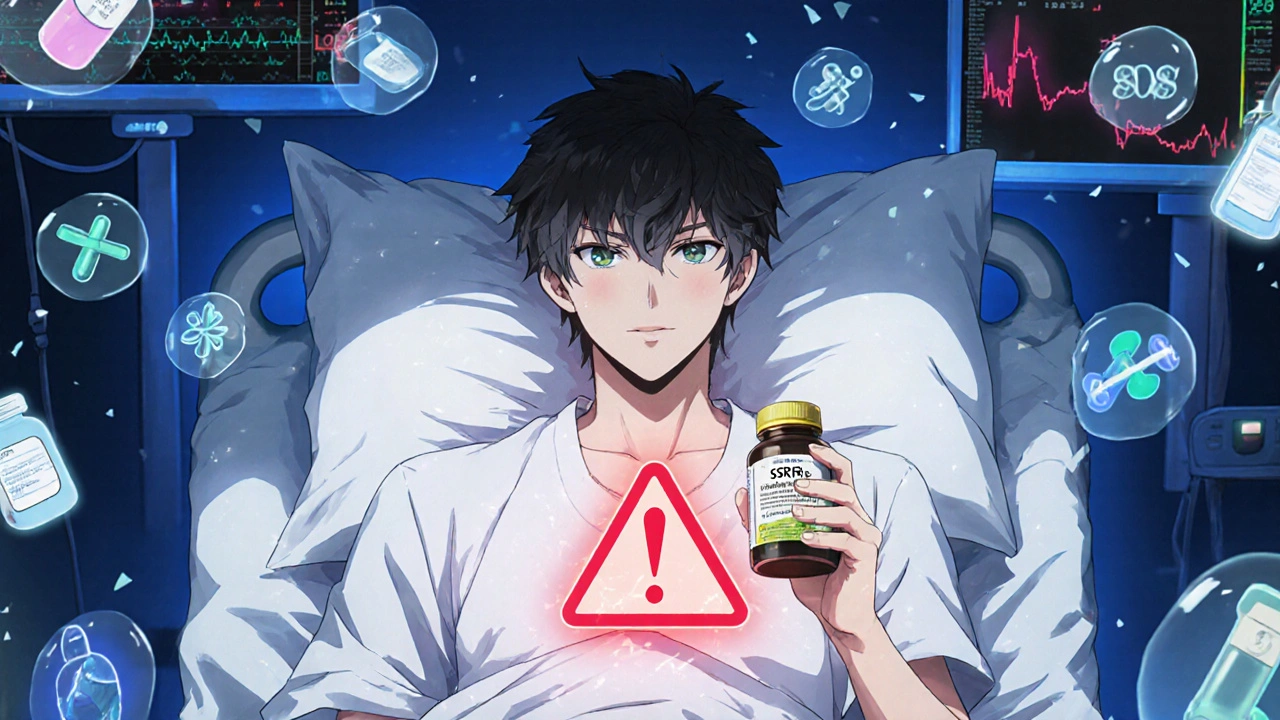Drug Interactions: What You Need to Know Before Taking Medications Together
When you take more than one medication, your body doesn’t just see them as separate pills—it sees a drug interaction, a change in how one drug affects another when taken together. Also known as medication interaction, it can make a drug stronger, weaker, or cause unexpected side effects you didn’t sign up for. This isn’t just a warning on a label—it’s something that happens every day, often without people realizing it.
Take benzodiazepines, a class of sedatives used for anxiety and sleep—they’re fine on their own, but mix them with alcohol or opioids, and the risk of breathing problems jumps 15 times. Or consider warfarin, a blood thinner where tiny changes in dosage can lead to dangerous bleeding or clots. Even switching from one generic version to another can throw off your levels if you’re not monitored. These aren’t rare cases—they’re common enough that pharmacists are sounding alarms about narrow therapeutic index (NTI) drugs, medications where small differences in absorption can cause serious harm. If you’re on levothyroxine, antiseizure meds, or blood thinners, your body is operating on a razor’s edge.
It’s not just prescription drugs. digestive enzyme supplements, often taken for bloating or indigestion can interfere with how your body absorbs other meds. Even something as simple as grapefruit juice can change how your body processes statins or blood pressure pills. And if you’re pregnant, postpartum, or caring for a newborn, the stakes are even higher—some drugs like sulfonamides, common antibiotics, can displace bilirubin in babies and trigger brain damage. Your body doesn’t care if something is "natural" or "over-the-counter." If it’s in your system, it’s part of the mix.
That’s why knowing your meds isn’t optional—it’s survival. It’s not about memorizing every possible combo. It’s about asking the right questions: Are you taking anything new? Did your doctor know about your supplements? Did your pharmacist check for conflicts when you picked up your last refill? The posts below cover real-world examples: how stopping steroid creams too fast can trigger rebound flares, why switching antidepressants can cause seizures in some people, and how to safely manage blood thinners before a cosmetic procedure. You’ll find clear, no-fluff advice on what to watch for, who to talk to, and when to push back. This isn’t theory. It’s what’s happening in clinics, pharmacies, and homes right now—and you deserve to know how to protect yourself.

How Your Medical History Increases Your Risk of Medication Side Effects
Finnegan O'Sullivan Nov 22 14Your medical history - including past medications, chronic conditions, and genetic factors - directly impacts how your body reacts to drugs. Learn how polypharmacy, age, kidney disease, and genetics increase your risk of dangerous side effects - and what you can do to protect yourself.
More Detail
Herbal Supplements That Interact with Common Prescription Drugs
Finnegan O'Sullivan Nov 17 13Certain herbal supplements like ginkgo biloba and St. John’s Wort can dangerously interact with common prescription drugs, increasing bleeding risk, reducing medication effectiveness, or causing life-threatening side effects. Know which ones to avoid.
More Detail